A vertical SaaS solution is scalable and offers functionality that fits exactly the niche market in which your company operates. This provides you with an enterprise system with industry-specific functionality that flexibly handles the growth of your business and future developments.
The difference between horizontal and vertical software
Horizontal software is designed to best perform the work in one specific department or for one specific process. Think, for example, of a scheduling program, a rental system or an accounting program. This software can be used by companies in different industries. However, with horizontal software, you miss the helicopter view across all departments. Vertical solutions focus on a specific industry and meet company-wide needs. The software partner's industry knowledge is incorporated into the system, giving you the tools to address specific industry challenges and take advantage of specific opportunities.
Software as a Service vs. On-premise software
Software as a Service has experienced unprecedented growth in recent years. With SaaS, software is delivered via the cloud, with the provider responsible for management. It brings benefits such as a low initial investment, less cost and work on IT and hardware, often easy to implement and well secured. With on-premise software, you choose to run the software on your own infrastructure, which usually gives you more control over the data and security and, in the long run, potentially lower costs.
"Whereas major players like Microsoft and Google have dominated the market for many years in terms of broadly deployable SaaS applications, the same is not true for SaaS solutions in niche markets."
Vertical SaaS: specific and scalable
Whereas large parties like Microsoft and Google have dominated the market for many years in terms of broadly deployable SaaS applications, the same is not true of SaaS solutions in niche markets. Presumably because they have fewer opportunities to make much profit here. Smaller software providers did jump into this. They have specialized in a niche market and offer the benefits of both vertical software and SaaS. As a result, you get a system that:
- Seamlessly aligned with the requirements and needs of your industry, a proven successful solution for your type of organization, with excellent opportunities to respond to future industry developments. (Vertical)
- Has low startup costs, is easy to implement, has manageable and transparent costs, can be easily maintained and upgraded, is well secured and is scalable and flexible in case of the growth and changes in your business. (SaaS)
The best choice: Business Central from the specialist in your industry
And then if you choose a vertical SaaS solution for your business, Microsoft Dynamics 365 Business Central is an extremely good choice. Business Central is very popular among SMB companies because of its powerful, technological platform and great user experience. And there is always a Microsoft partner with specialization in your industry who can implement, maintain and support Business Central including linked applications at your organization.
